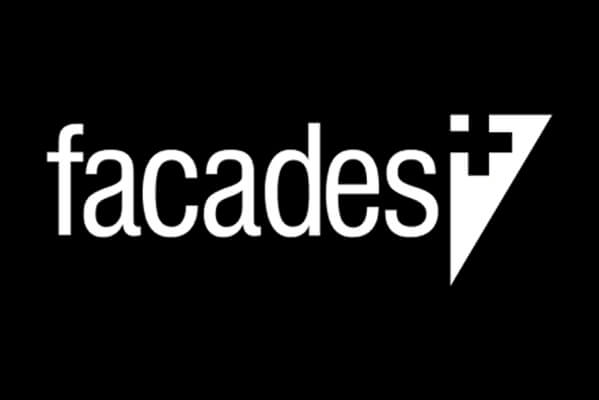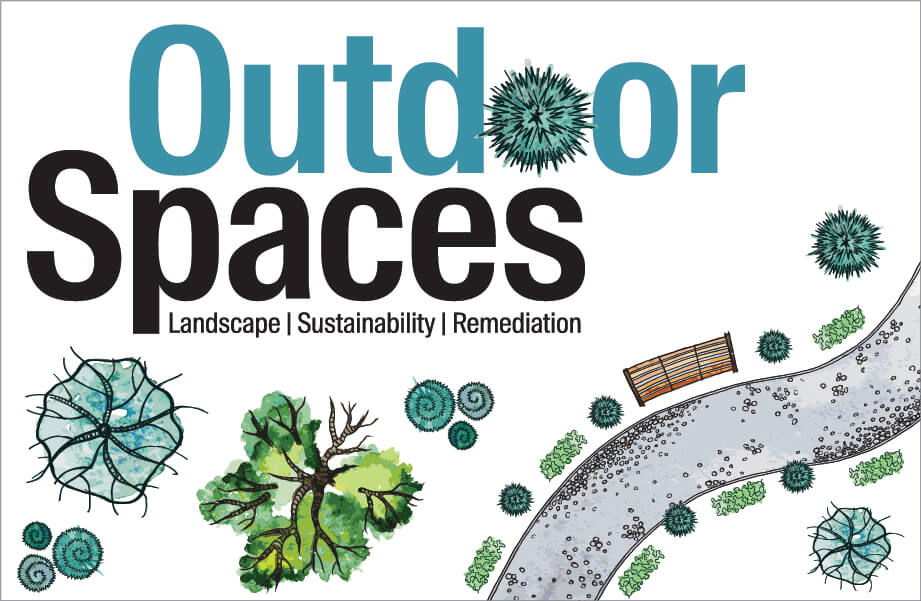Perfect Days, directed by Wim Wenders, follows the routine life of Hirayama, played by well-known Japanese actor Kōji Yakusho, who cleans toilets in Tokyo. The film didn’t land its Academy Award for Best International Feature, but it remains a stand-out film this season for its portrait of the tribulations of everyday life.
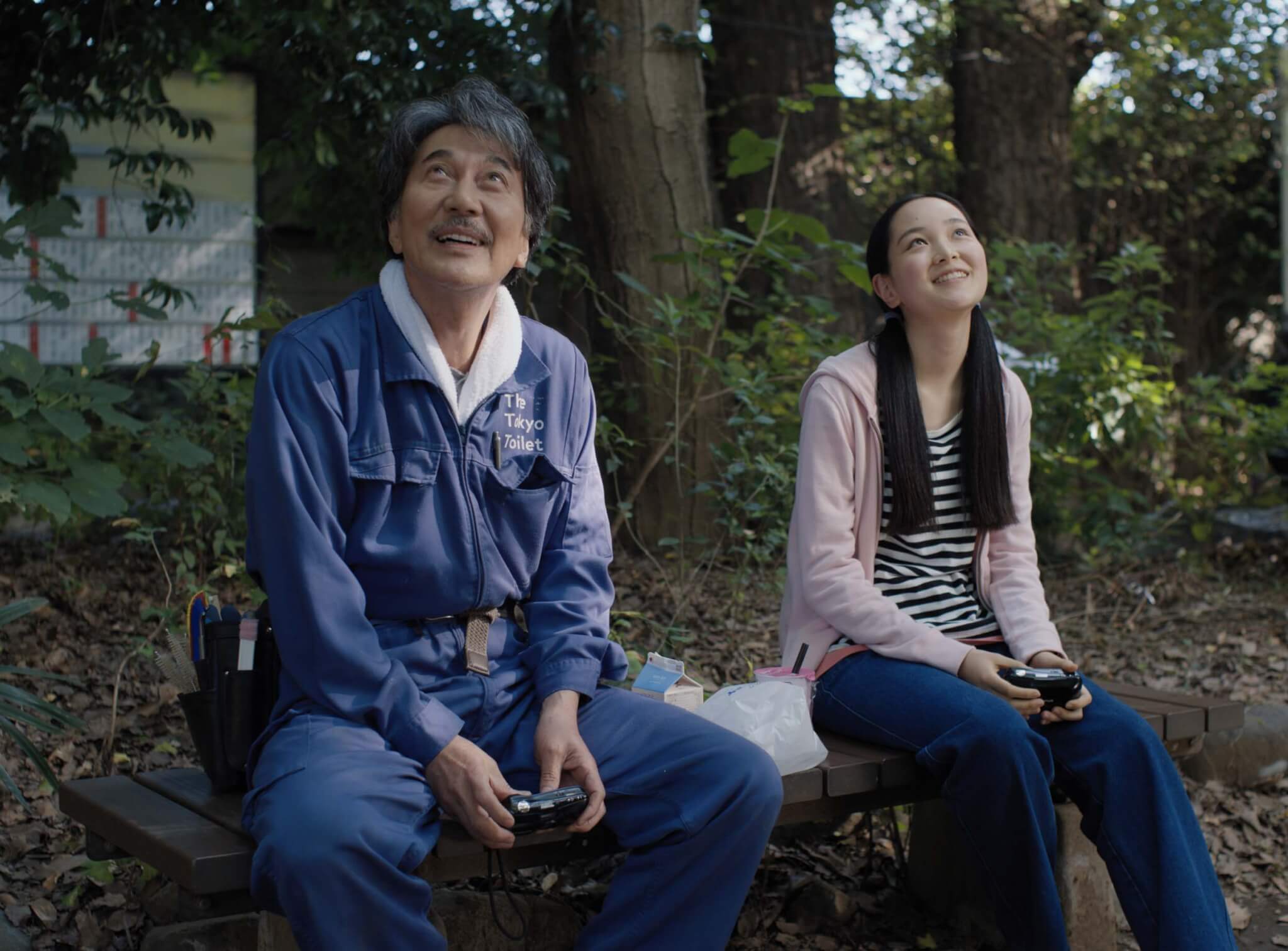
Hirayama’s life follows a defined pattern set by daily tasks: reading, working, washing at the bathhouse, eating, taking pictures, and developing film. His routine is captured in peaceful, composed shots set to American pop songs that emerge from his van’s tape deck. (The film’s title comes from the 1972 Lou Reed track.) Hirayama seems to have avoided the trappings of adult life and, a bit monk-like, is brought closer to aesthetic appreciations like novels, the windy sway of the tree canopy in the park as he eats lunch, and the act of tending to a room full of plants in his small apartment. But then, life gets in the way: Hirayama’s serenity is interrupted by his loud-mouth coworker and a series of encounters that unfold across the plot’s repetitive expanse.
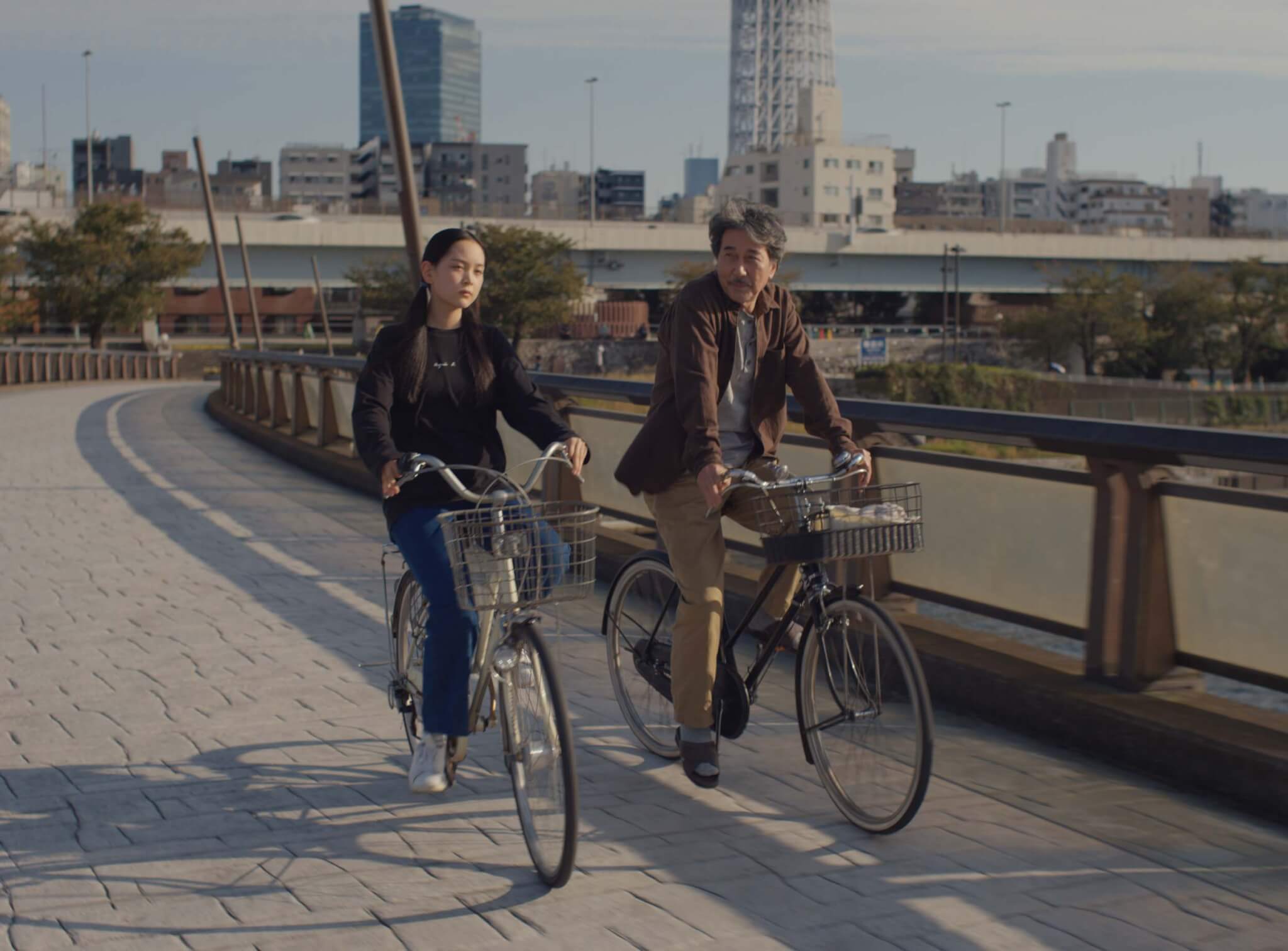
Hirayama is not just cleaning any toilets: These are toilets designed by architects! In Shibuya, The Tokyo Toilet project, initiated by retail businessman Kōji Yanai, has commissioned 17 public restrooms designed by figures like Sou Fujimoto, Toyo Ito, Fumihiko Maki, and Marc Newsom, to name a few. Hirayama scrubs the privacy glass of a facility designed by Shigeru Ban and assists a toddler lost in Kengo Kuma’s bathroom in Nabeshima Shoto Park. The effort “aims to change the perception that public toilets are smelly, dark, dirty, and dangerous by adopting innovative, imaginative designs for the facilities.” The effort, buoyed by Perfect Days, seems to have worked: Now there are tours in Shibuya of these restrooms.
Upon examination, Perfect Days possesses many similarities to Moriyama-san, a 2017 film by architectural filmmakers Bêka & Lemoine about one week in the life of Mr. Moriyama, the single, older Japanese man who lives in a house of deconstructed rooms widely known as the Moriyama House, completed in 2005 by Ryue Nishizawa of SANAA. Moriyama is a free spirit, and the film follows his habits, from noise music to books. There are clear stylistic, soundtrack, and plot differences, but the main character’s vibe is strikingly similar: Both like reading in contorted positions, caring for plants, and staring at shadows. Even the name of the central character is similar.
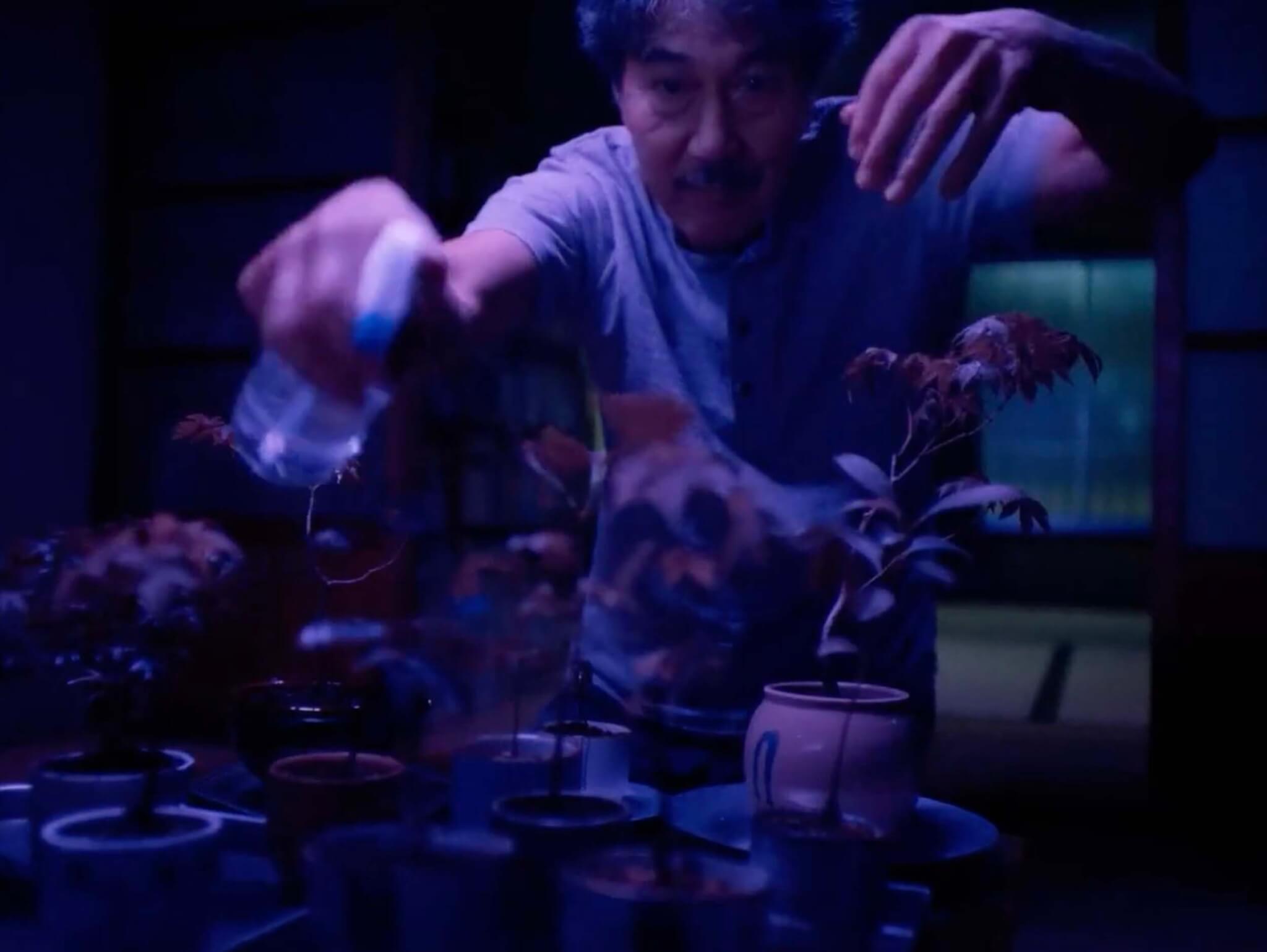
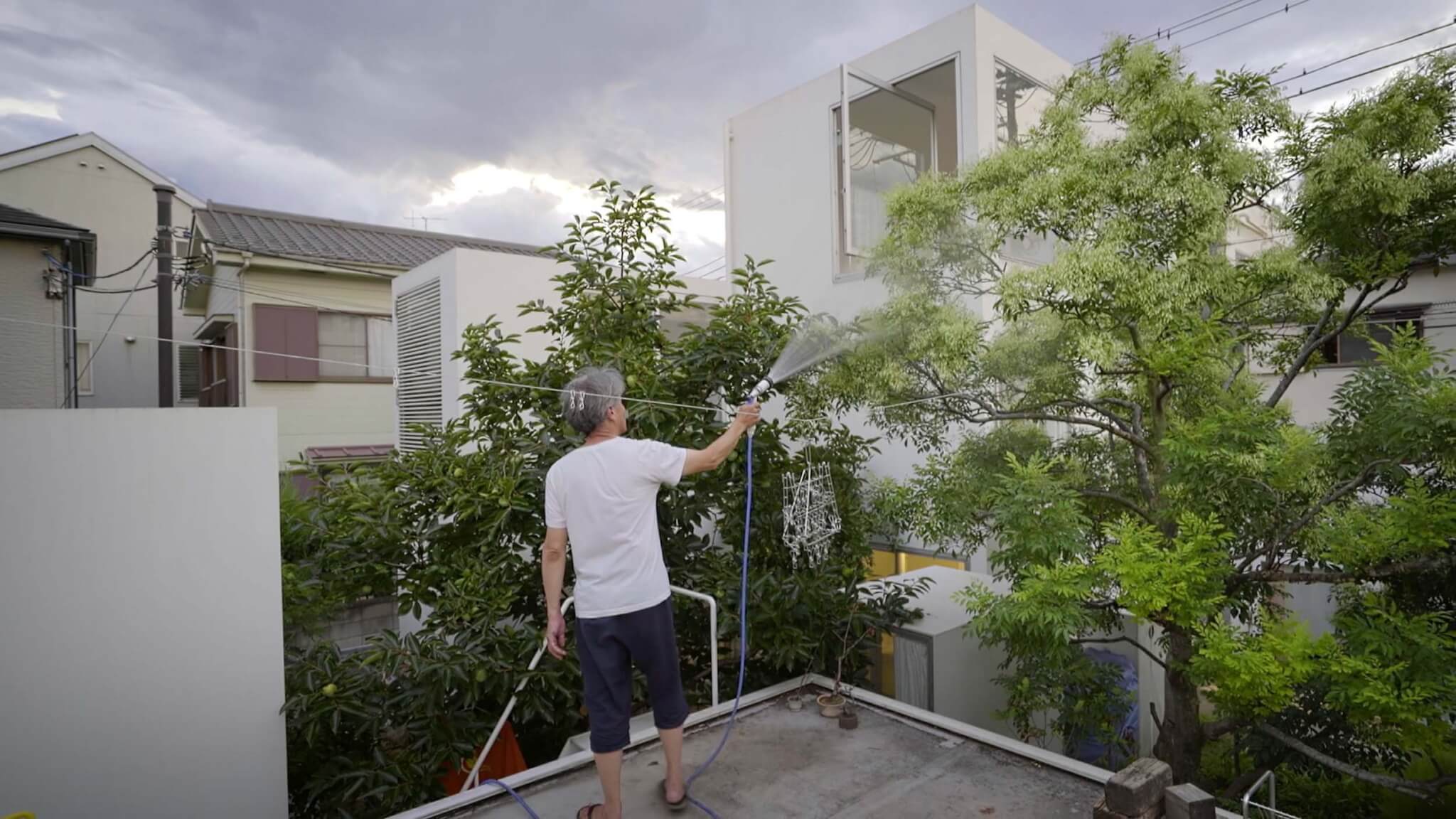
Bêka & Lemoine shared one example on their Instagram: In paired shots, both protagonists salt-and-pepper–haired are wearing gray t-shirts with shorts and are gazing out the window from a darkened interior. Via email, Ila Bêka shared that the duo has heard from viewers about the close connections. “Even Mr. Moriyama himself, the main character of our film, wrote to us saying he is receiving many similar comments since Wim Wenders’s film has been released,” he said. As seen in a set of visual comparisons provided by Bêka & Lemoine, elements from the Moriyama film repeat in Perfect Days: Beyond the main character’s general dreamy disposition, there is a thorough morning hygiene routine, an encounter with a jobsite in the neighborhood, a scene with a female singer, and lots of reading while lying on the floor.
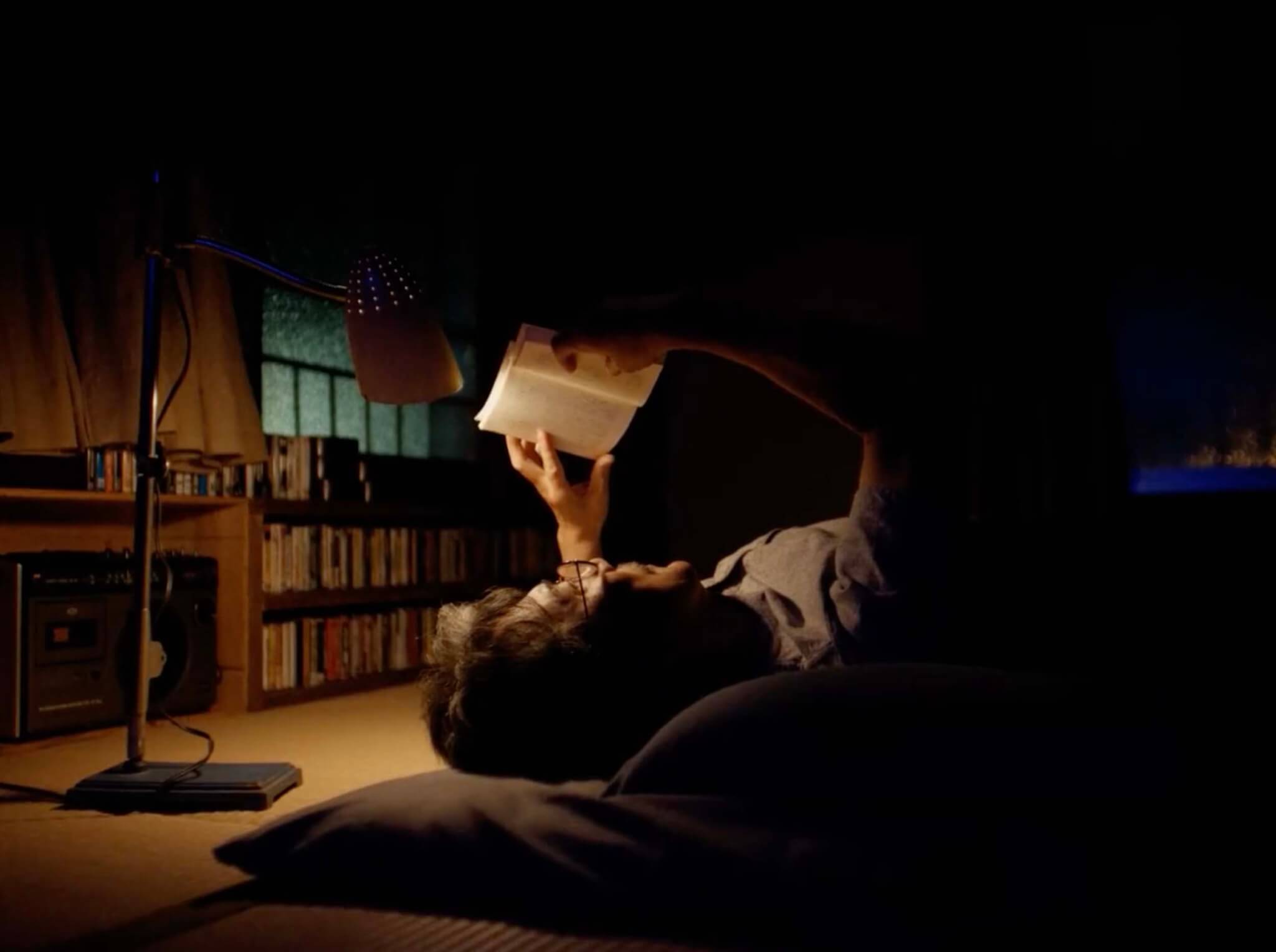
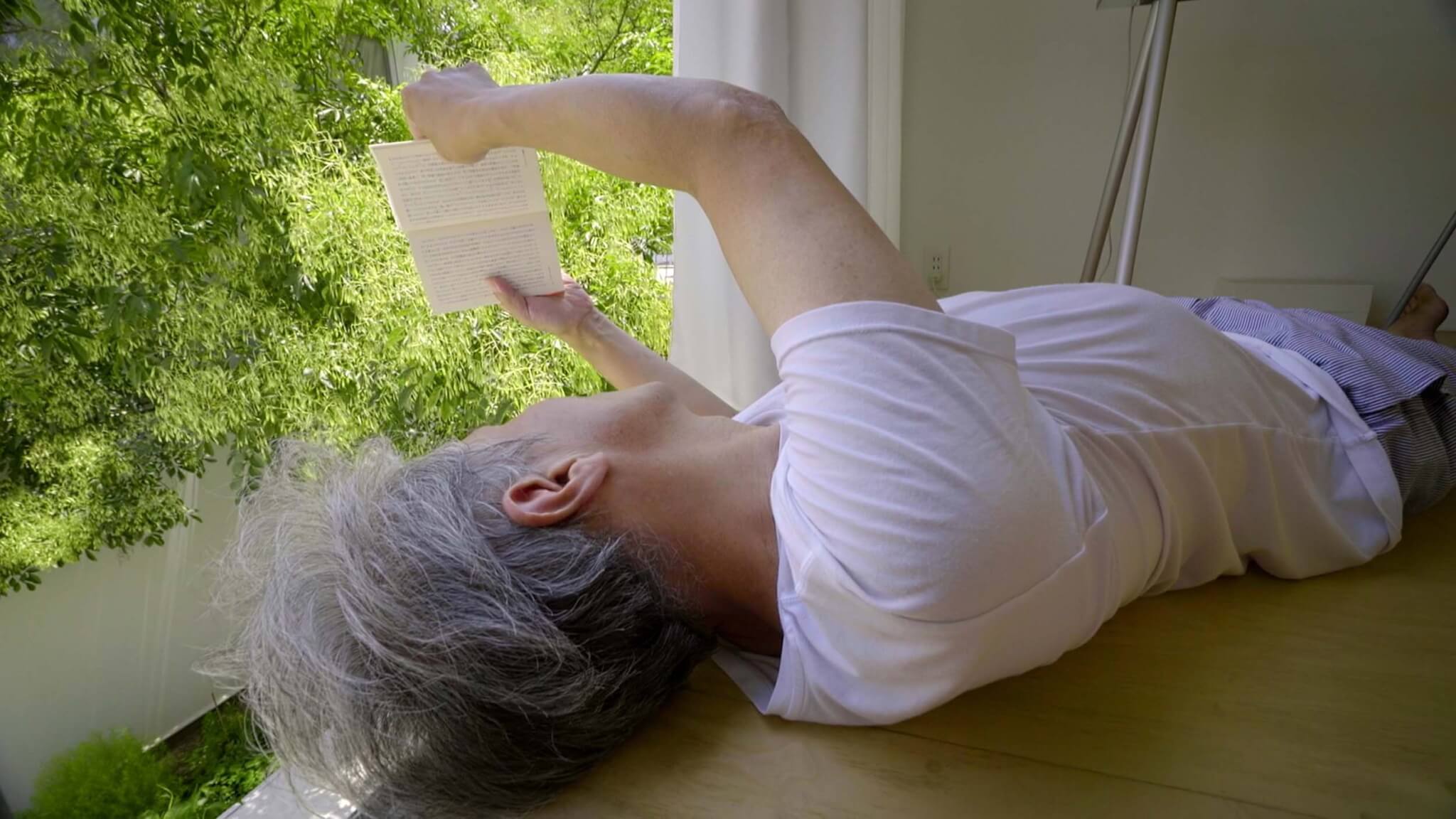
Wenders is likely aware of the Moriyama House, as he has worked with SANAA previously. The director completed a 3D short film titled If Buildings Could Talk… about the office’s Rolex Learning Center at the EPFL for the 2010 Venice Film Festival. “I get all my inspirations from landscapes, cities, deserts and buildings,” he said in an interview with Zoot magazine about the project. In 2022, when Wenders was honored with the Praemium Imperiale, a global arts prize awarded annually by the Japan Art Association, SANAA was a fellow recipient. (NEON, the film’s U.S. distributor, and Road Movies, Wenders’s film production company, did not respond to requests for comment.)
Additionally, the film’s provenance is a bit propagandistic: Initially, Yanai pitched novelist/creative director Takuma Takasaki “with an idea for a multimedia production based on the project that would subconsciously appeal to people and hopefully effect a change in behavior.” The duo selected Wenders, who had worked in Japan previously, and sent a letter offering financing, “only stipulating that the production had to be about Tokyo’s public toilets and cleaners.” Initially thought to be a series of short films, Wenders instead began work on a full-length film based on a screenplay he co-wrote with Takasaki.
View this post on Instagram
As Nolan Kelly detailed in his review of the film for The Brooklyn Rail, the film upholds values of friendliness, service to society, and a rigorous work ethic, perhaps with underlying nationalist undertones. “Though his cleaning practice offers a chance to show us his pride and work ethic, it’s never actually difficult, because the toilets are never actually dirty,” Kelly wrote. The film, in Kelly’s view, promotes Japan’s “‘welcoming culture’” to Western viewers. “Like The Tokyo Toilet project itself, the film seems to be a wealthy person’s idea of what poverty looks like,” Kelly concluded. “The fact that this depiction is so generous, in both spirit and execution, could be read as either an aspirational call for a more abundant public commons or as a hollow attempt to paper over the daily injustices that exist there.”
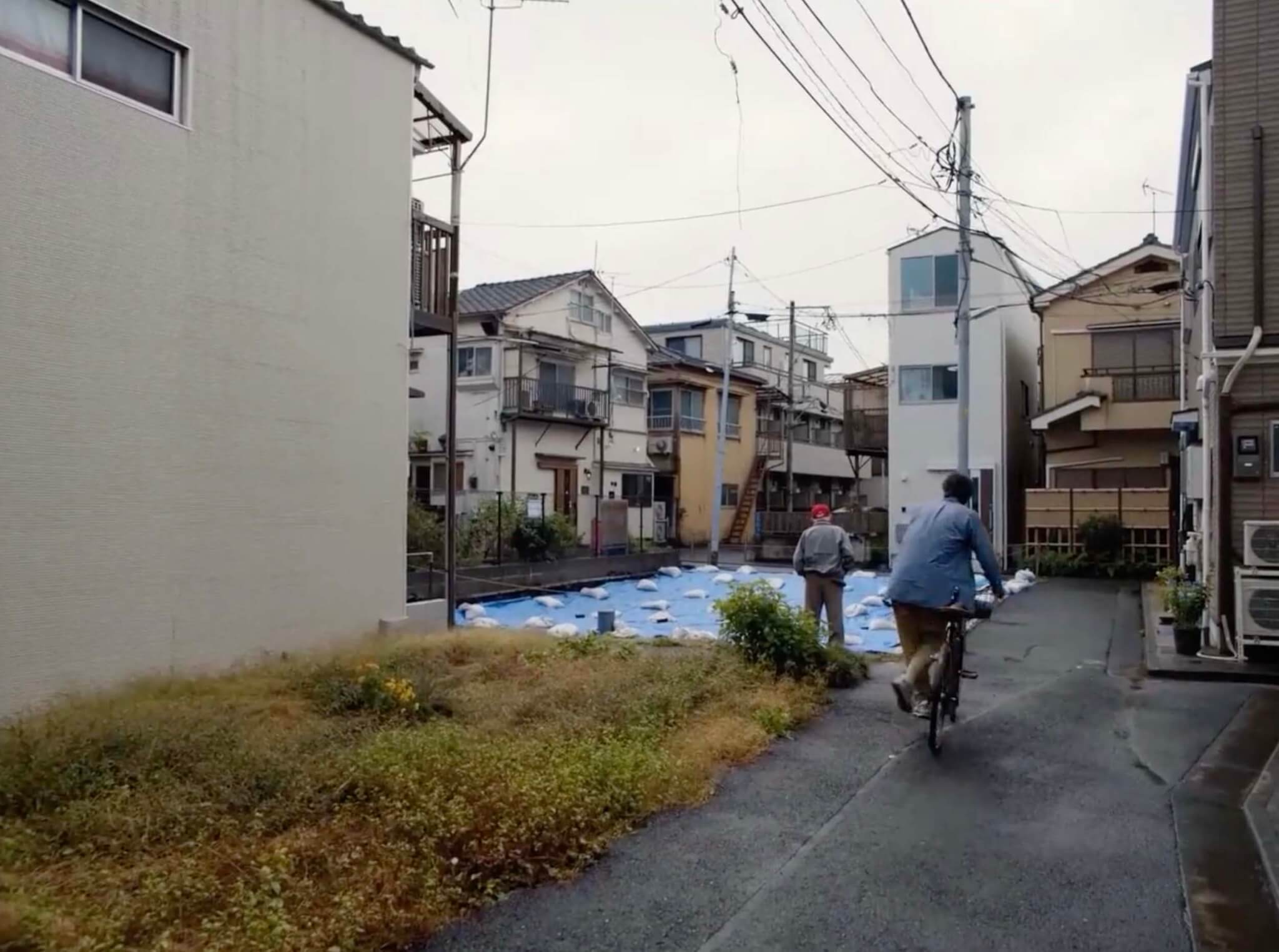
Perfect Days is a treat to watch, but it stiffens under the realization of its influence and origin. Plus there are additional layers of homage: Wenders’s work references the aesthetics of 20th century Japanese filmmakers like Yasujirō Ozu: Wenders first travelled to Japan in 1977 to see the director’s work. Still, the alignment between the two contemporary films is notable: On Instagram, Bêka & Lemoine wrote that “it may be a coincidence but it’s really striking how Wenders’s character resembles Mr. Moriyama, not only in his behavior, actions and name (Hirayama San) but even in the way he dresses. Rather flattering, isn’t it?” They recommend watching both films together to come to your own conclusions. Can anyone pass the popcorn?

